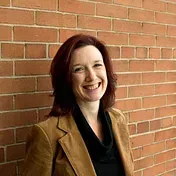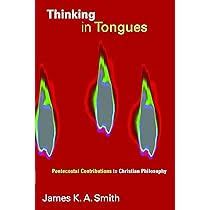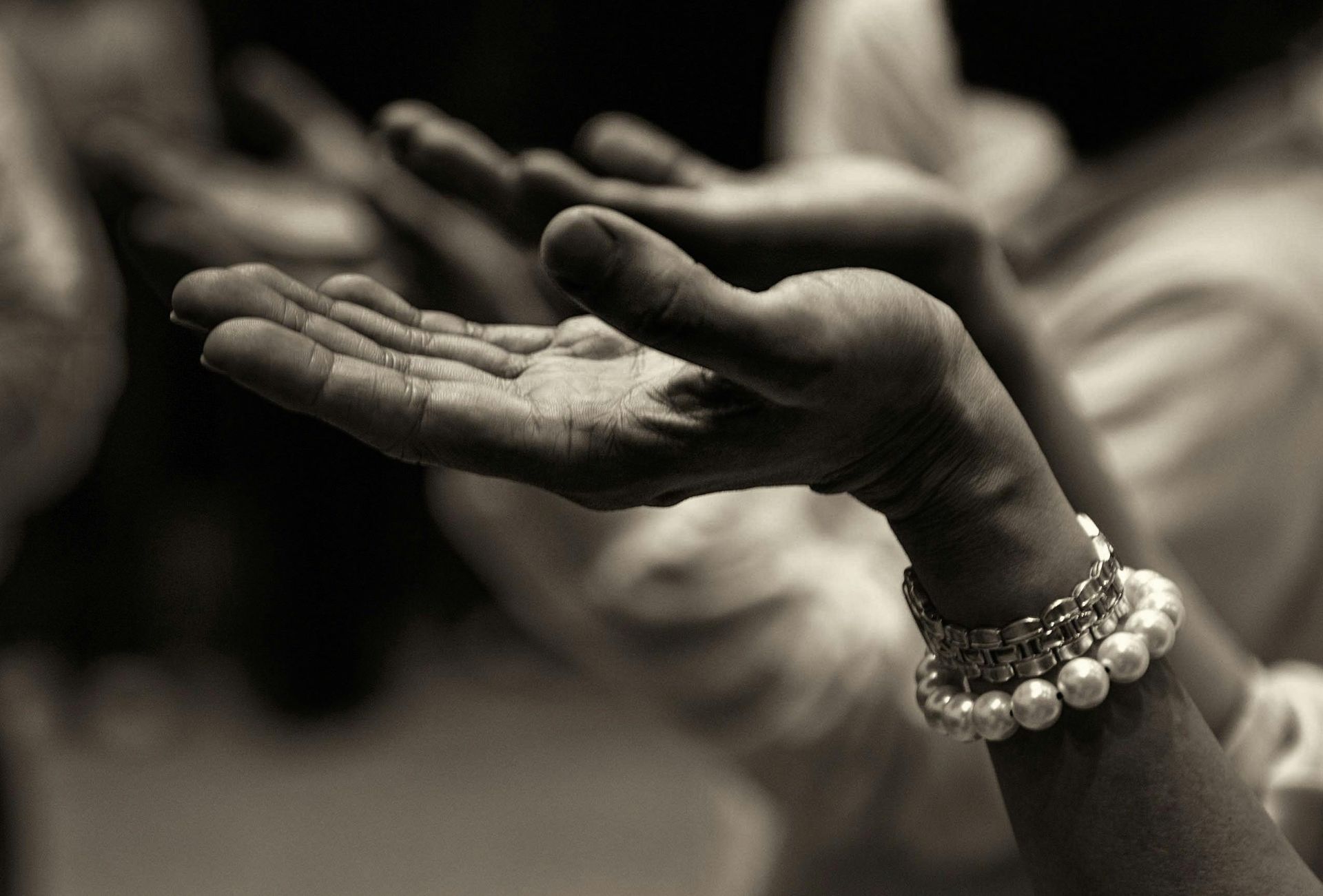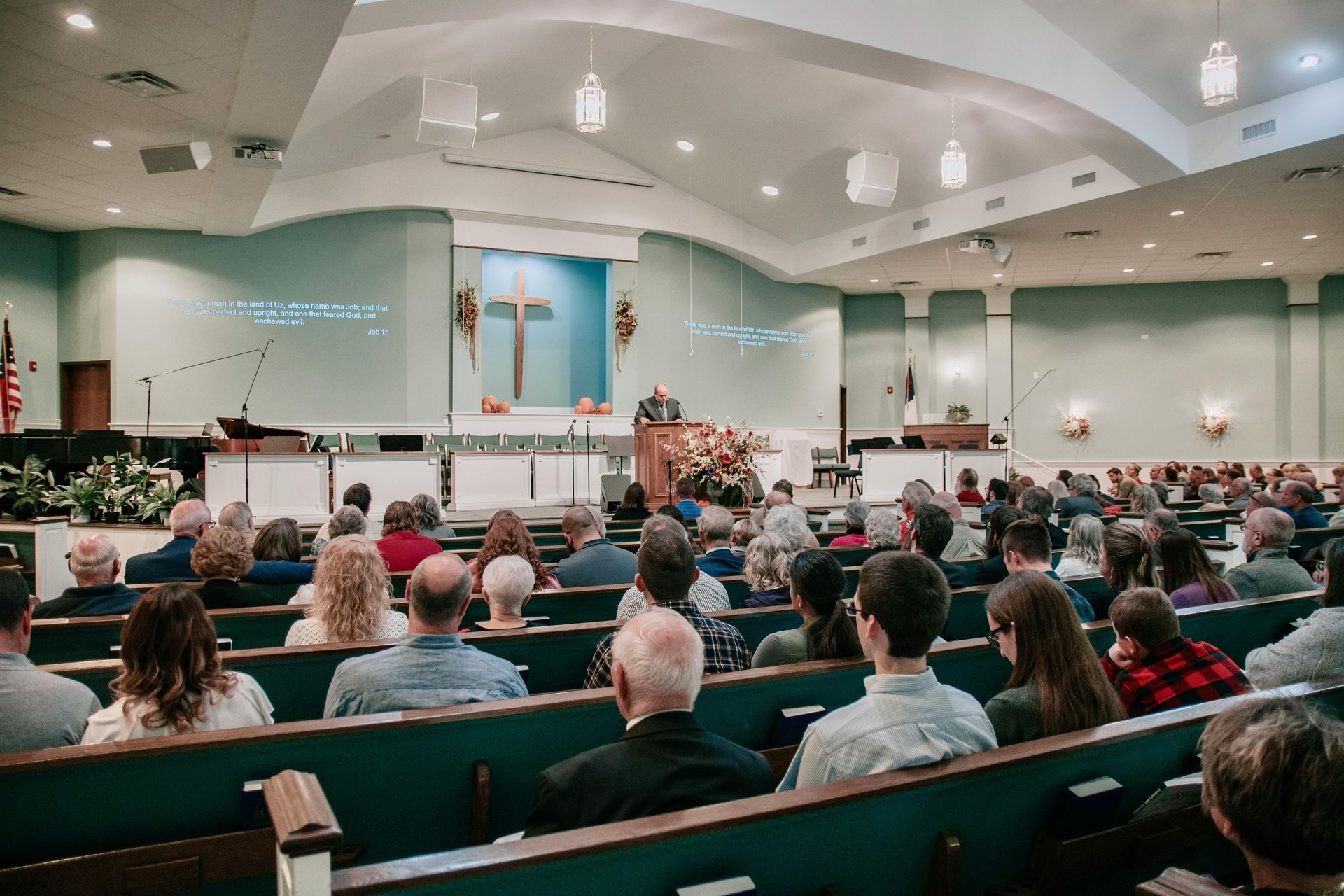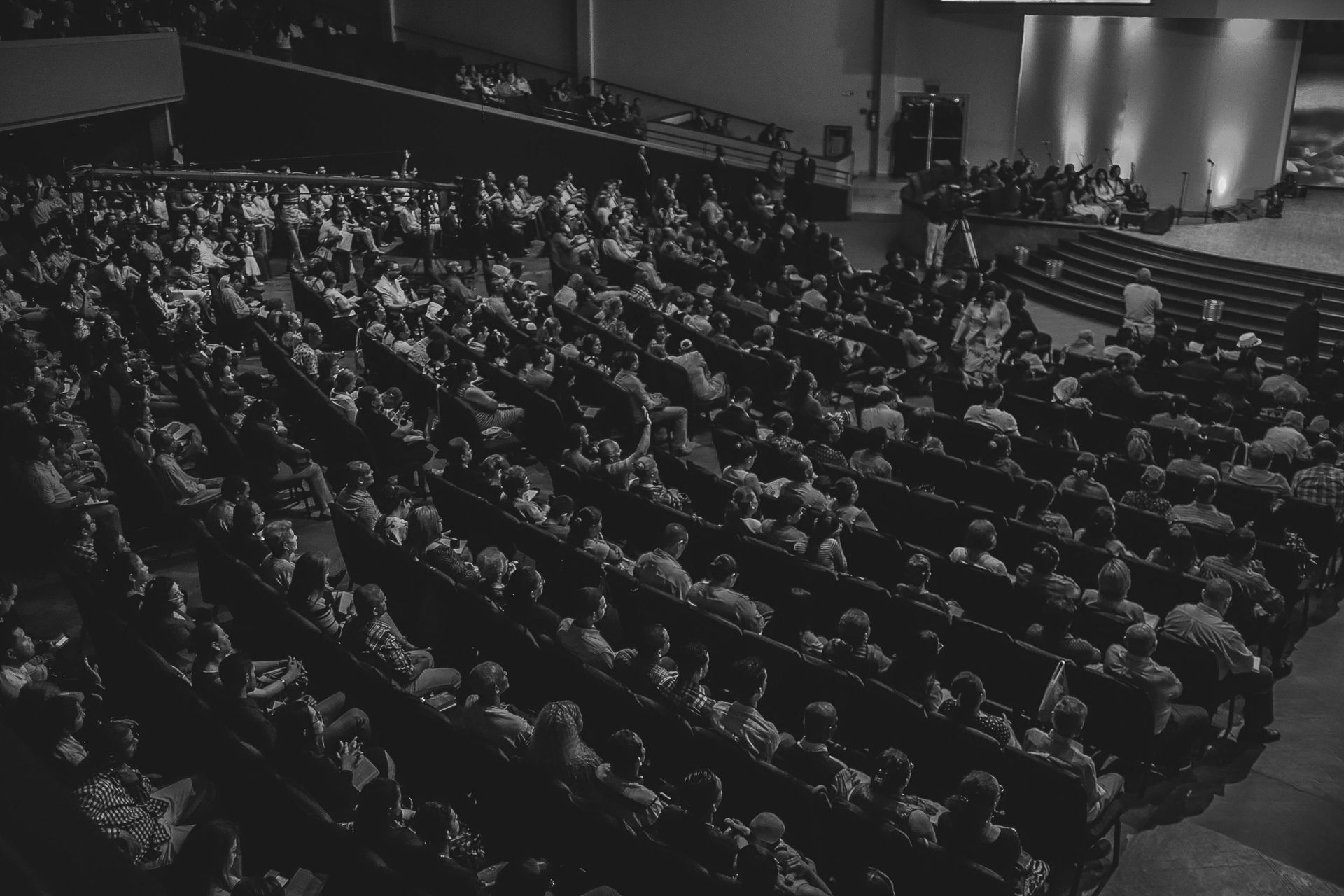Guest Post: Feeling "Hopeful" About The Gender Paradox
A Pastor Responds to Reading The Pentecostal Gender Paradox
I am excited to share another guest post on the gender paradox blog by welcoming Patti Miller and her thoughts on The Pentecostal Gender Paradox book launch and book.
Want to share your story, insights, or ideas related to the gender paradox? Submit a proposal here.
Note: These originally appeared as two separate posts on Patti's blog (go ahead and subscribe!) and are reproduced here with her permission. I don't personally know Patti, and her thoughts here were unsolicited, but we connected after she attended the online book launch and then read the book.
Part 1: The Book Launch
I had been invited to a book launch. It would be on the other side of the country in a different time zone, so it would be online and late at night. I’ve never been (nor wanted to attend) a book launch, and I’m not a night person, but this looked intriguing. An academic work, by a Pentecostal scholar, addressing the equality of women and men as a church-wide theological issue, not a secondary women’s issue.
The emotion was unexpected.
The author started sharing stories. I felt my stomach tighten. These were stories I knew, had heard so many times, from so many women. He made bold statements that made my heart pound in anxiety for him. After all, they were things I say in only the safest of places. He argued for a response that made me gasp in its breadth.
“He knows!” I thought. “He has listened. He sees. And he’s saying it right out loud.”
I cried - bawled - telling my husband about it the next morning. Waved my arms telling my colleagues about it at lunch, two of whom immediately went and watched it themselves.
I texted the link to ministry friends. One of them wrote back a few hours later:
“Watched the video. My heart is singing. Will buy the book, because any person who believes in me and my leadership that much deserves my money.”
Part 2: The Book
A few weeks ago, I mentioned a book. I finished reading it, finally. It took some time because it’s academic, and thus a slower read; but also because it’s a topic that impacts me personally, and I had to keep setting the book down to process my thoughts.
They were myriad, my thoughts.
I had determined that I would write something about Joseph Lee Dutko’s “The Pentecostal Gender Paradox” because I think it’s important. But when it came time, I couldn’t figure out what to say, in part because I couldn’t figure out who the intended readers should be. Academics? Fellow pastors? Those who disagree?
I texted a friend about it, and he asked me how I felt, now that I was done reading it.
I responded, “Hopeful”.
That response unlocked the words I wanted to say.
Next month, I will have been a pastor for 30 years. It took me several of those years to fully settle for myself that God had called me, a woman, to pastor; to believe that pastoring was not just a “Plan B,” kindly accommodated by God’s grace. During those years, I learned the various arguments and views, the questions of Greek translation and contextual uncertainties. I understood that intelligent people who love Jesus would come to a different conclusion than me; and I was ok with that. Nevertheless, I was confident and at peace that, ultimately, I was not wrong.
I have a rock on my desk that says, “not wrong”.
But all these years later, it’s a different world out there, and what used to be considered a secondary or even tertiary issue has become a primary one for some. The disagreements are often no longer gracious or nuanced, but reflect the polarization of so many other disagreements in our current climate. And it’s fine for me - 30 years in, I can handle myself - but my concern grows for those women who are young and/or new, and sometimes facing hostility I never had to face. My concern grows for my denomination, which needs pastors and leaders, female and male.
We need them.
So when I received the invitation to the book launch, I wasn’t sure what to expect. Was there something new to add to the conversation? There was indeed. From a Canadian Pentecostal pastor with a Ph.D., no less!
Simply put, Dutko reminds readers that Pentecostals are “last-days” people, always have been. Although we quote Joel 2 and Acts 2 every chance we get, it is not with a “back to the early church” mindset. It is with a “Jesus is coming back” mindset. We are future-oriented. We live for and point towards the day when Jesus returns, when all things are made right, when the “not-yet” becomes the “now”. We live prophetically as citizens of God’s kingdom, not in an attempt to “speed the day,” but in a determination to live now with the end in mind.
To live, as much as we possibly can, in a way that anticipates and celebrates how it all will be.
Dutko applies this eschatological framework of hope to gender equality. He does so unapologetically, unequivocally, with nothing held back. Like any good academic, he reviews history and existing literature; like any good academic, he builds his argument thoroughly, one piece at a time. However, unlike many academic works, his goes beyond theological conclusions, and drops a whole trailer-load of mics with practical applications for local churches as well as denominational structures. And then throws in a few massive global implications, just for fun.
And thus, I feel hopeful.
Jesus’ return, after all, is our hope, n’est-ce pas? Greek translations and contextual uncertainties aside, we aren’t aiming to be that first church in Corinth. (who are we kidding, they were a hot mess)
No. We’re living with the end in mind.
So.
If you’re an academic - Please consider adding or recommending The Pentecostal Gender Paradox to whatever library and curriculum is appropriate. It’s important.
If you’re a fellow Pentecostal pastor - Please consider watching the book launch video. You’ll get the overall idea, and then you can decide if the book is something you want to spend the money on. (I did. Immediately. When it was more expensive - even as an ebook - than it is now, I’m just saying.)
If you disagree - I mean, I doubt I’ll change your mind, and you definitely won’t change mine. Let’s co-exist with gracious kindness, shall we?
Even so, come Lord Jesus.
NEWSLETTER SIGNUP (blog post layout)
ABOUT JOSEPH
Pastor, Author, and sometimes pretends to be a scholar
Joseph (PhD, University of Birmingham) is the author of The Pentecostal Gender Paradox: Eschatology and the Search for Equality.
Since 2015, he and his wife have together pastored Oceanside Community Church on Vancouver Island, where they live with their four children.

